Ants in House | Get Rid of Ants in House – Quick & Safe Solutions
Welcome to our informative guide on dealing with ants in the house! Discovering ants crawling around your living space can be a frustrating and unsettling experience. Not only can they contaminate your food, but they can also cause damage to your property. But fear not, because we are here to help you effectively control and exterminate these pesky intruders.
Ants are social insects that live in colonies and are attracted to your house by various factors, such as food sources, moisture, and shelter. Whether you are dealing with tiny nuisance ants or larger carpenter ants, it's crucial to address the issue promptly and efficiently to prevent further infestations.

Key Takeaways:
- Ants in the house can contaminate food and cause property damage.
- Effective ant control is essential to eliminate infestations.
- Understanding ant behavior and types of ants is crucial for successful extermination.
- Natural remedies and DIY methods can help get rid of ants safely.
- Preventing ants from entering your home is key to long-term ant control.
Understanding Ant Infestations
In this section, we will delve into the common causes of ant infestations in households. We will discuss the types of ants commonly found in homes and their behavior. Additionally, we will provide insights into finding and identifying ant colonies and infested areas.
Ant infestations can be a frustrating problem for homeowners. These small creatures have a remarkable ability to enter our homes through the tiniest cracks and crevices, searching for food and shelter. To effectively combat ant infestations, it is crucial to understand their behavior and characteristics.
Common Household Ants
There are several species of ants that are commonly found in households. These include:
- Odorous House Ants
- Pavement Ants
- Argentine Ants
- Pharaoh Ants
- Carpenter Ants
Each type of ant has its own unique characteristics and nesting habits. Understanding the species invading your home can help in determining the most effective ant infestation solutions.
Finding and Identifying Ant Colonies
Finding and identifying ant colonies is essential for effective ant control. Follow these steps to locate potential ant nests:
- Observe ant trails: Ants leave scent trails as they search for food. Follow these trails to trace their entry points.
- Inspect wall voids and cracks: Ants often build nests in wall voids and cracks. Look for signs of ant activity, such as sawdust or small piles of dirt.
- Check outdoor areas: Ants may also establish colonies outside your home. Look for ant hills or mounds near the foundation.
- Use bait stations: Placing bait stations in areas with high ant activity can provide clues to the location of hidden nests.
By understanding the behavior of common household ants and learning to identify ant colonies, you can take proactive steps towards eliminating ant infestations. In the next section, we will discuss effective ant control methods and natural ant remedies to get rid of ants in your house.
How to Get Rid of Ants in House
Dealing with ants in your house can be frustrating, but there are simple and effective methods you can use to eliminate them. In this section, we will explore natural ant remedies and DIY ant removal techniques that are safe for both humans and pets. With these solutions, you can regain control of your home and say goodbye to those pesky ants.
Homemade Ant Repellents
One way to deter ants from invading your house is by using homemade ant repellents. These natural remedies are not only effective but also environmentally friendly. Here are a few options you can try:
- Vinegar: Mix equal parts of vinegar and water in a spray bottle. Spray this solution on ant trails, entry points, and areas where you've spotted ants. The strong smell of vinegar disrupts their scent trails, deterring them from returning.
- Peppermint essential oil: Add a few drops of peppermint essential oil to a cup of water and shake well. Spray this mixture around windows, doors, and other areas prone to ant infestations. The strong scent of peppermint is known to repel ants.
- Cinnamon: Sprinkle cinnamon powder in areas where ants are frequently seen and along their trails. Ants do not like the smell of cinnamon, and it can help deter them from entering your home.
Step-by-Step DIY Ant Removal Methods
If you're dealing with a persistent ant problem, you may need to take more proactive measures to eliminate them. Here are step-by-step instructions for DIY ant removal:
- Locate the ant entry points: Carefully observe where the ants are coming from. Look for cracks, gaps, or holes in walls, floors, or around windows and doors.
- Seal entry points: Use caulk or weatherstripping to seal any openings that ants may be using to enter your house. This will help prevent future infestations.
- Create a bait station: Mix equal parts of sugar and borax, and dissolve the mixture in warm water. Soak cotton balls in the solution and place them in small containers near ant trails or entry points. The sugar attracts the ants, while the borax acts as a natural ant killer.
- Monitor and repeat: Check the bait stations regularly and replace them as needed. Observe whether the ant activity decreases over time and repeat the process if necessary.
To ensure the success of these DIY ant removal methods, it's important to maintain cleanliness in your home, especially in areas where food is prepared or stored. By eliminating food sources and using natural repellents, you can effectively get rid of ants without resorting to harmful chemicals.

Try these natural ant remedies and DIY ant removal techniques to banish ants from your house for good. By taking a holistic and eco-friendly approach to ant control, you can enjoy a pest-free home that is safe for your family and pets.
Preventing Ants in the Home
It's important to take proactive measures to prevent ants from entering your home and setting up colonies. By implementing simple strategies, you can maintain a clean and ant-free environment. Here are some effective tips:
Maintaining Cleanliness
Keeping your home clean is key to deterring ants. Regularly wipe down surfaces, sweep floors, and vacuum carpets to remove any food particles or spills that may attract ants. Store food in sealed containers and promptly clean up any crumbs or spills, especially in the kitchen and dining areas.
Sealing Entry Points
To prevent ants from entering your home, it's important to seal any potential entry points. Inspect the exterior of your house for cracks or gaps in the foundation, windows, and doors. Seal these openings using caulk or weatherstripping to block the ant's access routes.
Natural Deterrents
There are several natural deterrents that can repel ants and discourage them from entering your home. Here are a few options:
- Peppermint oil: Ants are repelled by the strong scent of peppermint oil. Mix a few drops of peppermint oil with water in a spray bottle and spritz it around entry points, windowsills, and other areas where ants may enter.
- Vinegar: Create a solution of equal parts vinegar and water and use it to wipe down surfaces. Ants dislike the smell of vinegar and will avoid areas treated with this solution.
- Citrus peels: Place citrus peels, such as lemon or orange, near entry points and areas prone to ant activity. The strong smell of citrus deters ants and helps keep them at bay.
Professional Pest Control
If you've tried various preventive methods and still struggle with ant infestations, it may be time to seek professional pest control services. Professional exterminators have the expertise and tools to effectively eliminate ants and provide long-term solutions to prevent future infestations.
By taking these preventive measures, you can significantly reduce the risk of ants invading your home and ensure a pest-free environment for you and your family.

Conclusion
In conclusion, dealing with ants in the house can be a frustrating and persistent problem. However, with effective ant control methods and proactive measures, you can successfully get rid of ants and prevent future infestations.
By following the tips and solutions outlined in this article, you can reclaim a peaceful and ant-free home. Remember to identify and eliminate the source of the ant infestation, whether it's a trail leading inside or a hidden colony. Use natural ant remedies and DIY removal methods to ensure the safety of your family and pets.
In addition to eliminating existing ants, it is crucial to take preventive measures to keep them out of your home. Maintain a clean environment, seal entry points, such as cracks and gaps, and use natural deterrents like vinegar or citrus to discourage ants from entering your home.
Don't let ants invade your living space. Take control of the situation by implementing effective ant control methods and preventing ants from finding their way into your home. With these steps, you can enjoy a peaceful and ant-free environment for you and your family.
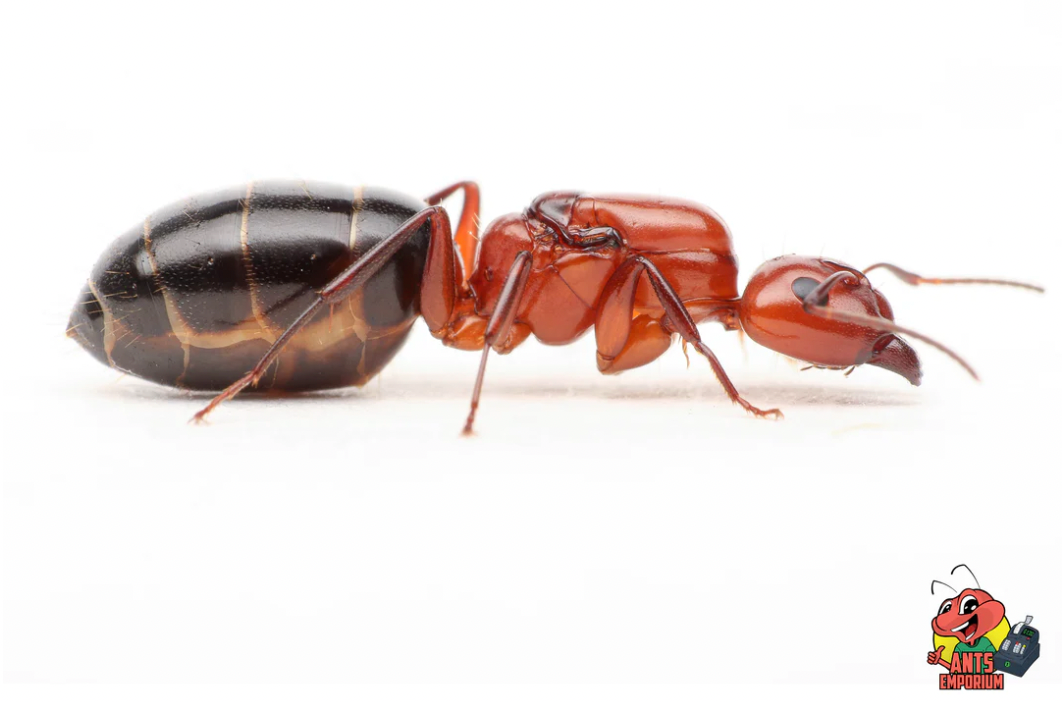
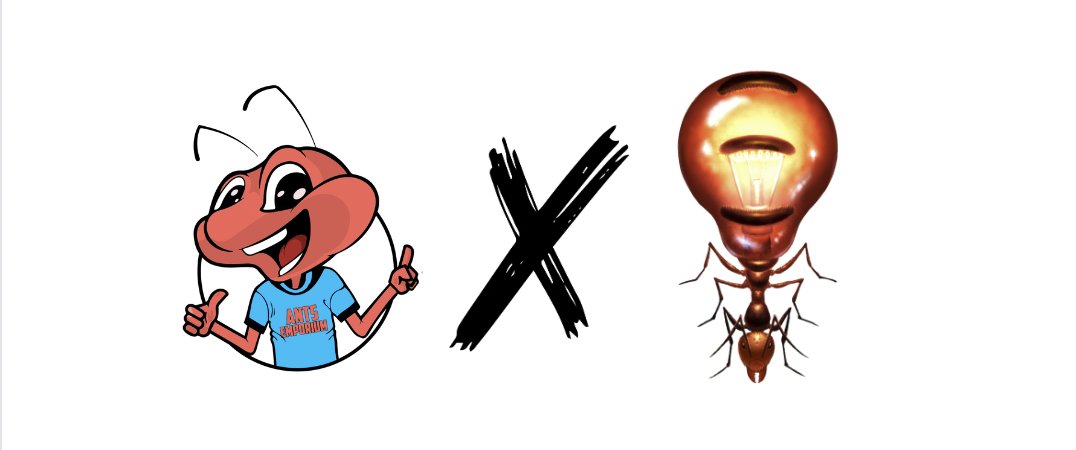
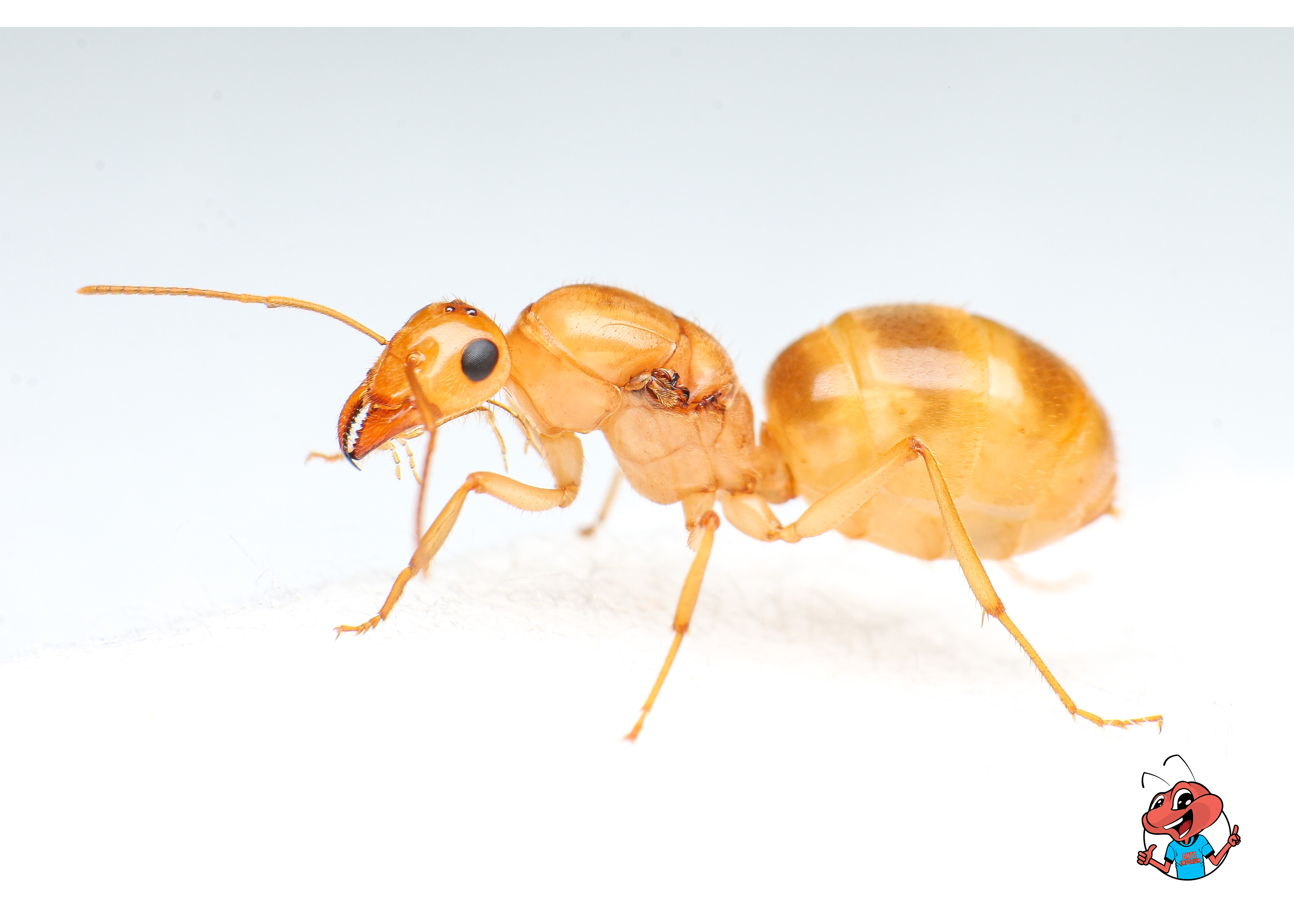
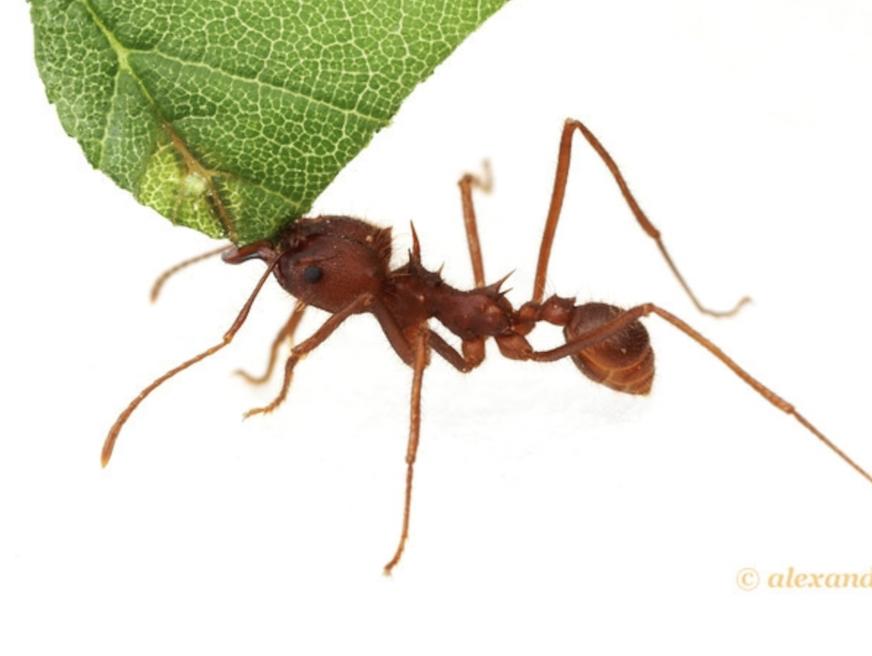
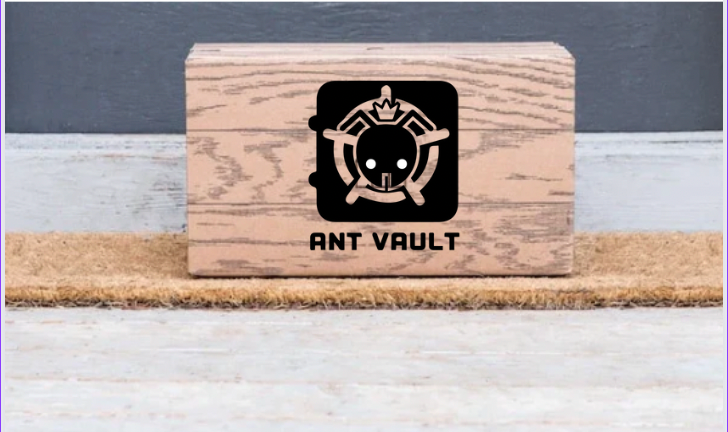


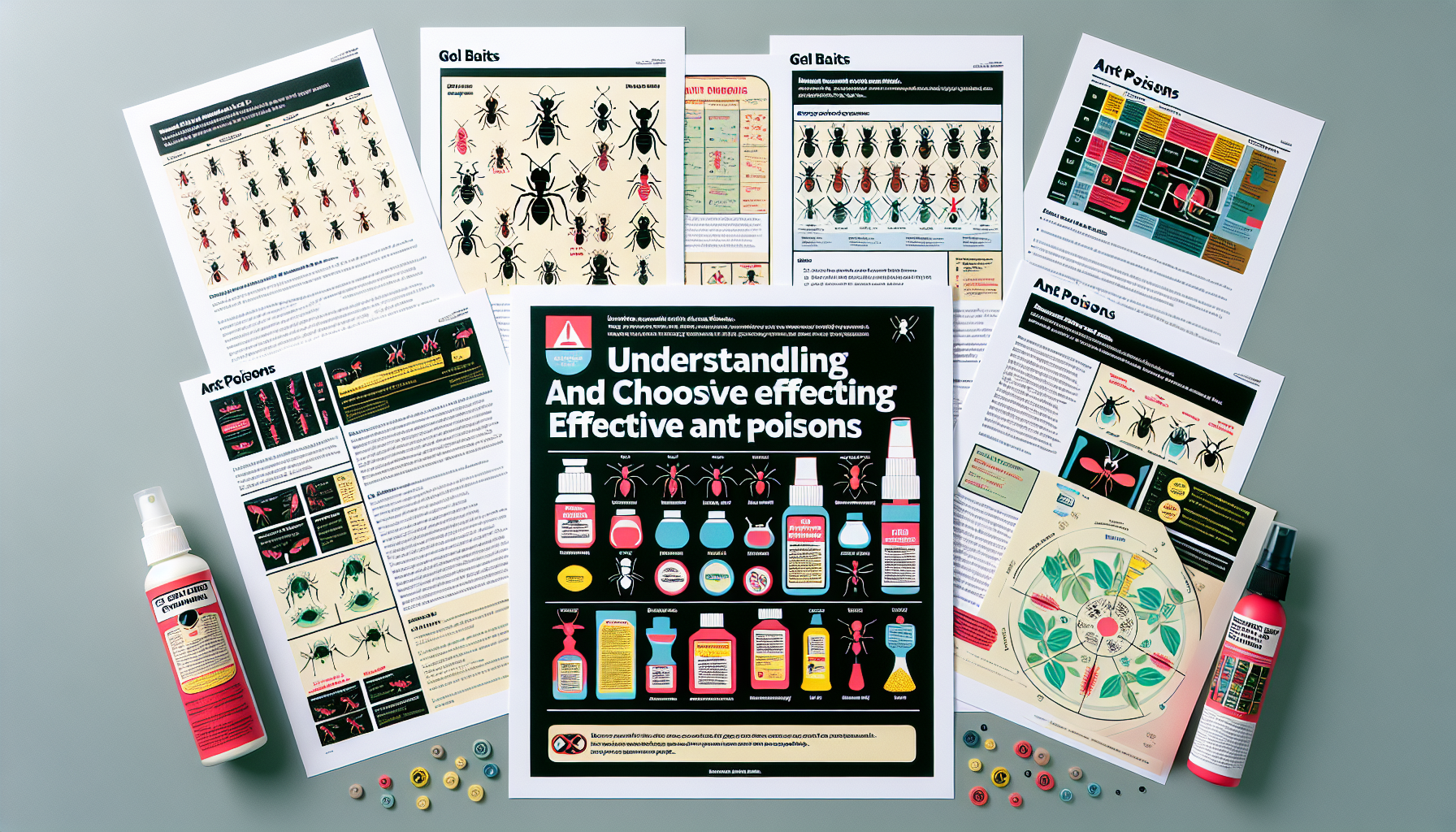
Leave a comment